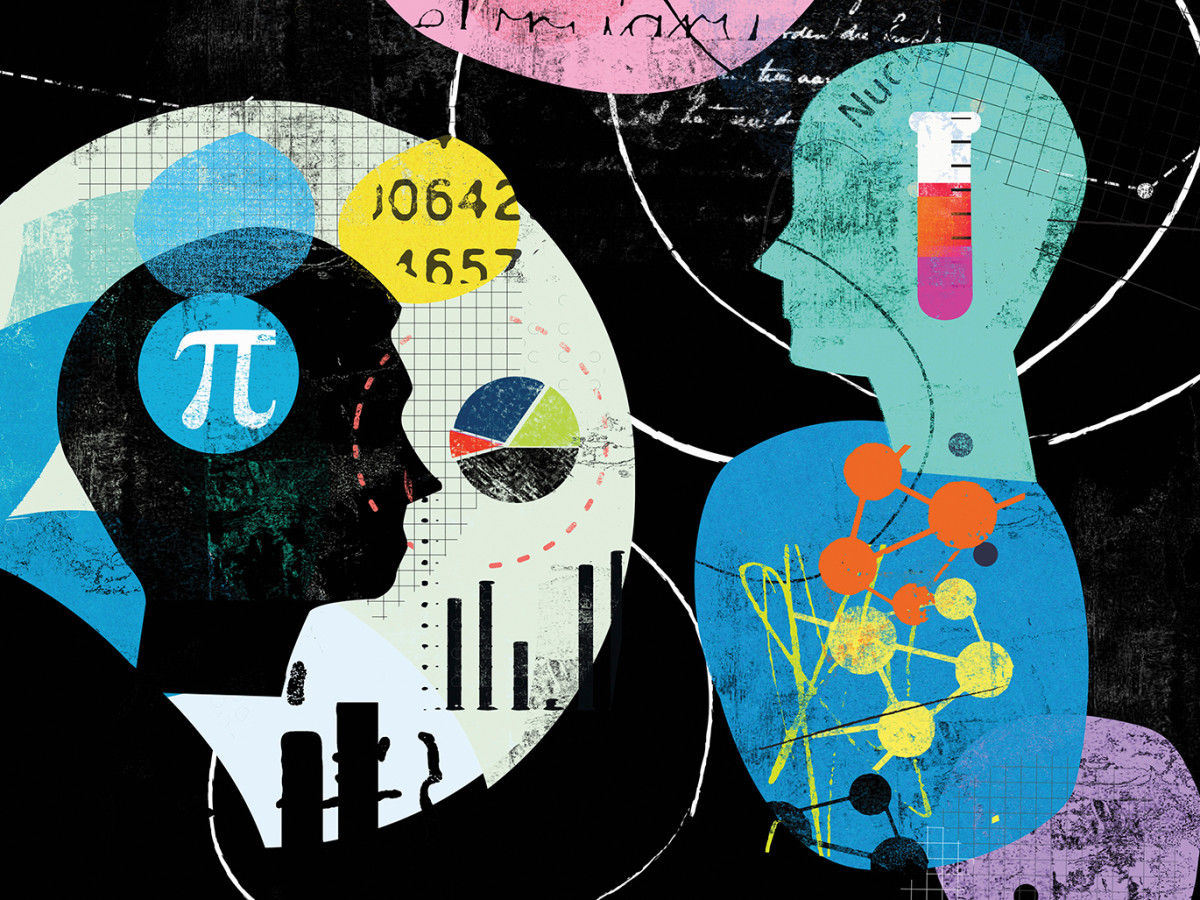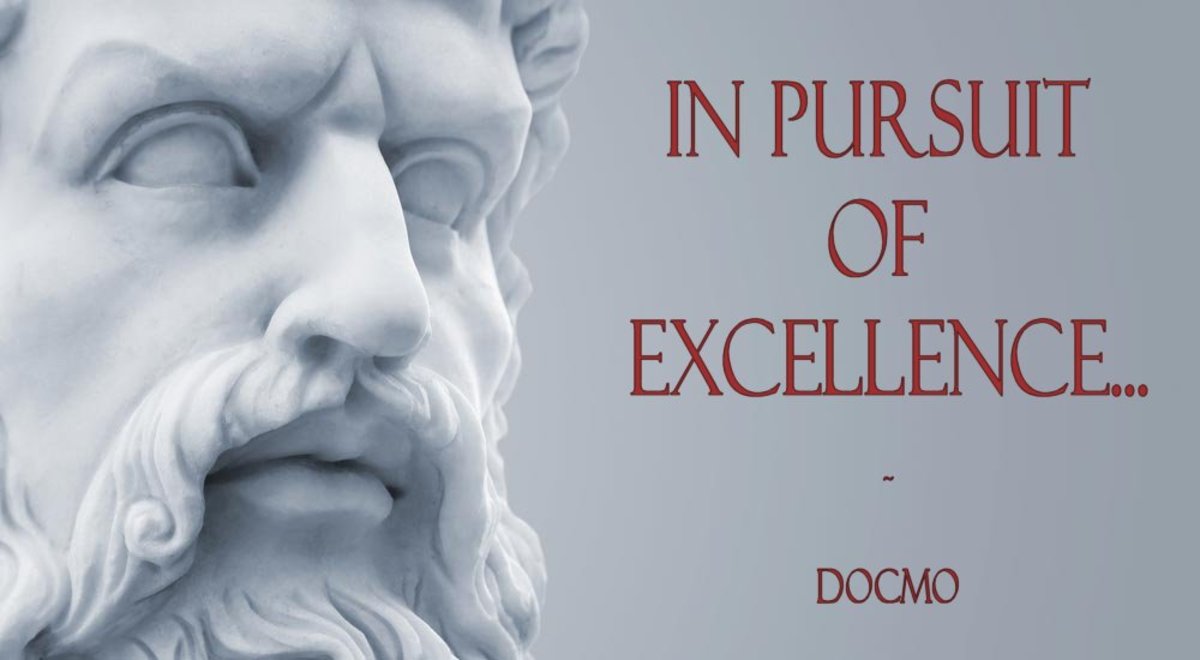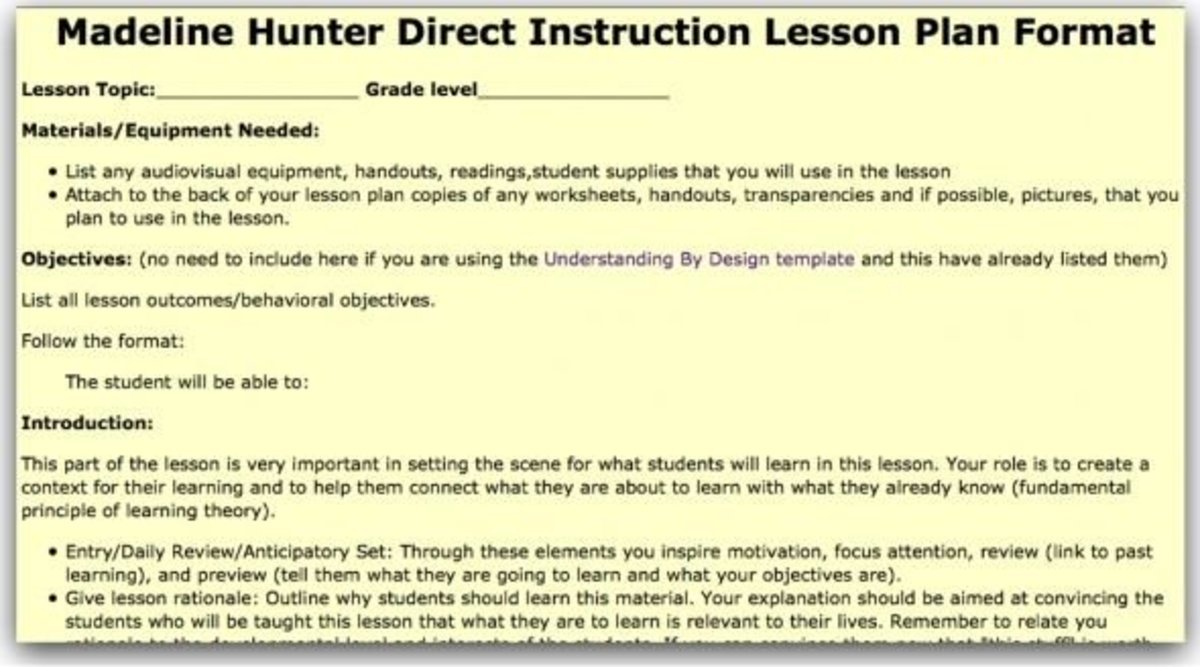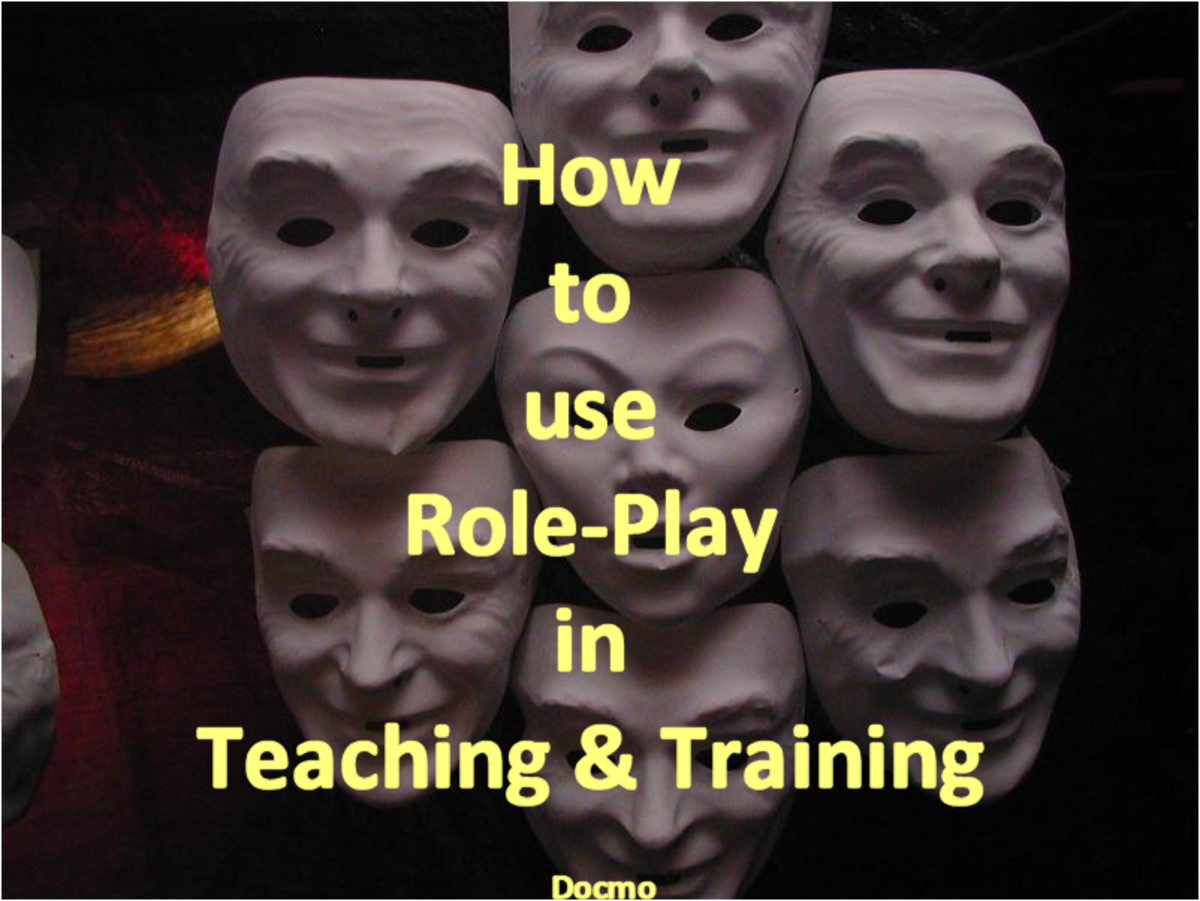How to gain mastery - journeying through competence and beyond
Bruce Lee once said “I fear not the man who has practiced 10,000 kicks once, but I fear the man who has practiced one kick 10,000 times.” In gaining mastery, Bruce Lee was a great example of how to do it. He wasn’t always a master at his art form, and he would practice every day in order to keep getting better. Anything that we learn takes practice in order to get better. That’s why doctors, psychologists, and other professionals call their businesses “practices”. On the journey through learning and becoming a master at something, we all go through stages of learning. Anyone reading this has gone through at least the learning process of learning how to read. Not to mention you’ve also gone through the learning process of using a computer and using the internet in order to get here. We aren’t born knowing how to do these things. Some of us practice our computer and internet use on a daily basis. If this was a martial art, Bruce Lee would fear the amount of practice we put in to our use of computers and the internet. For ease, I am going to use the example of learning to drive a car to illustrate the stages of learning. If you are a bus commuter, or take other forms of transit, I hope you can translate the example into a more apt one for your life experience.
Our first stage of learning is unconscious incompetence. That is to say, that we do not know what we do not know. The second you start onto a new skill, you are unconsciously incompetent because we don’t know what we don’t know. Some people have a natural talent for things and they appear to be further along as beginners than others. It can be a dangerous thing to have natural ability because we may not work very hard at getting better at something. They may appear arrogant because, even though they don’t know what they don’t know, they act as though they do. Still though, we all start at the first stage of being unconsciously incompetent. Through practice, lessons, and effort, we move into the next level. The speed at which we do that though, depends on a bunch of different things, which we won’t go into right now.
For the example of learning to drive a car, the unconsciously incompetent person doesn’t know what they don’t know. They may have grown up with a family who owns one or two cars and gets a car ride on a daily basis. This experience tells them that you stop at red lights, go on green lights, indicate when you’re turning, and a few other odds and ends. What they don’t know, however, is the amount of knowledge there is yet to learn about. How do I fill up on gas? How do I change a tire? When and why do we change oil, and on and on. And those are only examples of maintenance related things. I remember failing my learners exam (we won’t go into how many times I failed). I messed up on which is the passing lane, how to handle an intersection controlled by a police officer, and various other seemingly trivial things. At the stage of getting my learners license, I severely did not know what I didn’t know. I was blissfully unconsciously incompetent.
The second stage is conscious incompetence. We know, what we don’t know. This is still a large learning experience, and knowing about everything we don’t know isn’t possible at this stage. As we move towards mastery, we start getting better at specific things that we have practiced, while simultaneously finding out things that we have yet to learn. While we are practicing things, we are conscious that we are still a student, and that there are things that we have yet to learn in order to get better and move ever closer to being a master, or at least on to the next level. Because of the natural ability of some people, as mentioned before, it might take some people longer to get to this stage. That is to say, that it might take some people longer to accept that there are things they don’t know, and things they have yet to learn.
My family has a thing for driving standard transmission vehicles. Once I entered on to the journey of learning how to drive, I needed to learn not only the rules of the road, basic operation of a vehicle, some maintenance pieces, and other driving related things, but I also needed to learn how to shift gears, work the clutch, find the friction point (definitely not in that order). I stalled my sisters car so many times (seriously, it’s embarrassing). But, as I stalled the car, and learned what I was doing wrong (so much wrong. Just… so much), I got better. I learned and grew in my ability to drive a standard vehicle. I was by no means a master at driving a standard transmission car, but I was getting there.
The third stage towards mastery is conscious competence. While we know a lot more than we did at the beginning of our journey, we are still aware that we are practicing the skills, and there is still more to learn and more to refine in our skill set. In this stage, while we are becoming more competent at the skill, we know that there is still much to learn. In an ideal world, this would be where this list ends. The reason I say that will become clear in the next level, but delving deeper into conscious competence, we are always checking to see that we are improving, doing things correctly, and always growing in our mastery of a skill. People are impetuous by nature and want to become masters at a skill as soon as possible. We have promotions, badges, certificates, and a whole bunch of other forms of “proof” of our level of proficiency with a skill. I, for example, have a diploma and degree in social work, am certified in child and youth care, and am a Professional Certified Coach. Those are all proof of my ability in my profession. I feel that I am still (and feel that I always will be) in the conscious competence stage of learning.
For driving, I have always been of the opinion that we should be retested for our licenses when they expire. Not only do the rules of the road change from time to time, but we develop our own bad habits that hamper our ability to drive effectively. If we were forced to retest, we would be forced to remain in the conscious competence stage of learning. We would need to always focus on what we are doing, and if we are doing things correctly and if not what we should be doing differently. However, as things stand, while there are penalties for not paying attention to our actions whilst driving (tickets, higher insurance rates, car accidents, etc.), we often find ourselves in the last stage of learning. Or at least we feel like we’re in the last stage.
Our final stage of learning is called unconscious competence, and it is potentially one of the most dangerous places to be. Unconscious competence means that we no longer think about what we are doing, but rather that we run, essentially, on auto-pilot. I say that this stage is potentially the most dangerous because it implies that we have reached mastery of a skill. If we allow ourselves to sit in unconscious competence, and don’t strive to continue to better ourselves (i.e. put ourselves into the conscious competence stage to continue to grow and develop), our knowledge and experience may become stagnant or out of date. Imagine if your family doctor didn’t bother to update themselves on the newest medicines or treatments because they “knew everything”, or because they considered themselves a master. Would you still go to a clinic where someone used leaches to cure the common cold?
Keeping with the driving example, a person who is in the unconsciously competent stage no longer thinks about shifting gears in a standard transmission vehicle. They can tell by the hum of the engine that they are at the ideal point for the engine to shift. They can hear minute differences in the way the engine idles that tells them that something is off. Someone who is unconsciously competent knows their vehicle inside and out, and is tied strongly together with it. The danger comes, however, when they become complacent in their driving ability, thinking that they know better than other people on the road, and feel as though people will make way for them. It is one thing to know your own vehicle and driving habits, or even the rules of the road, but it is another to know all of that AND the driving habits, maintenance schedule, and ability of other drivers.
As we walk towards mastery, striving towards unconscious competence is likely the ideal. However, allowing ourselves to become unconsciously competent is to allow ourselves to become stagnant. We place our mastery of something at risk because we no longer need to focus on what we are doing. There is benefit to the confidence that comes along with unconscious competence, but, taken at face value, our actual ideal situation would be to flow freely between conscious and unconscious competence. We practice our driving until we are in tune with our car, yet we are aware of the ever changing landscape of the rules of the road, and the unpredictable nature of other drivers, animals, and acts outside of our control.
To truly seek mastery, we need to always be curious, always growing, and never becoming complacent in our journey.






